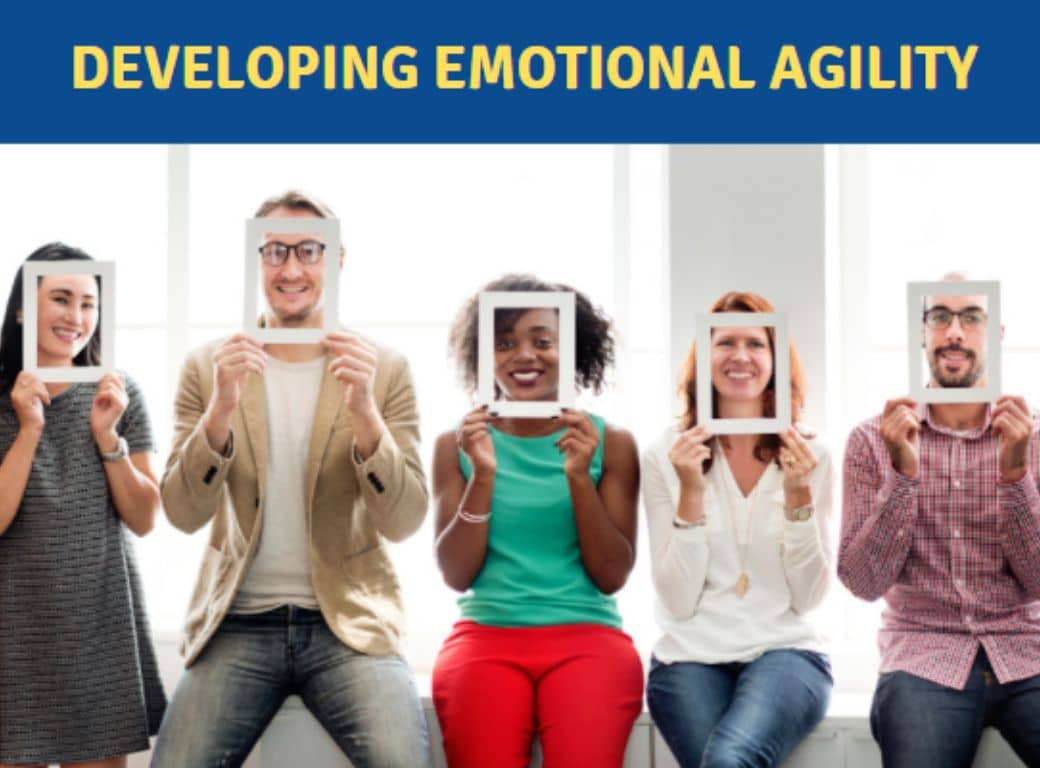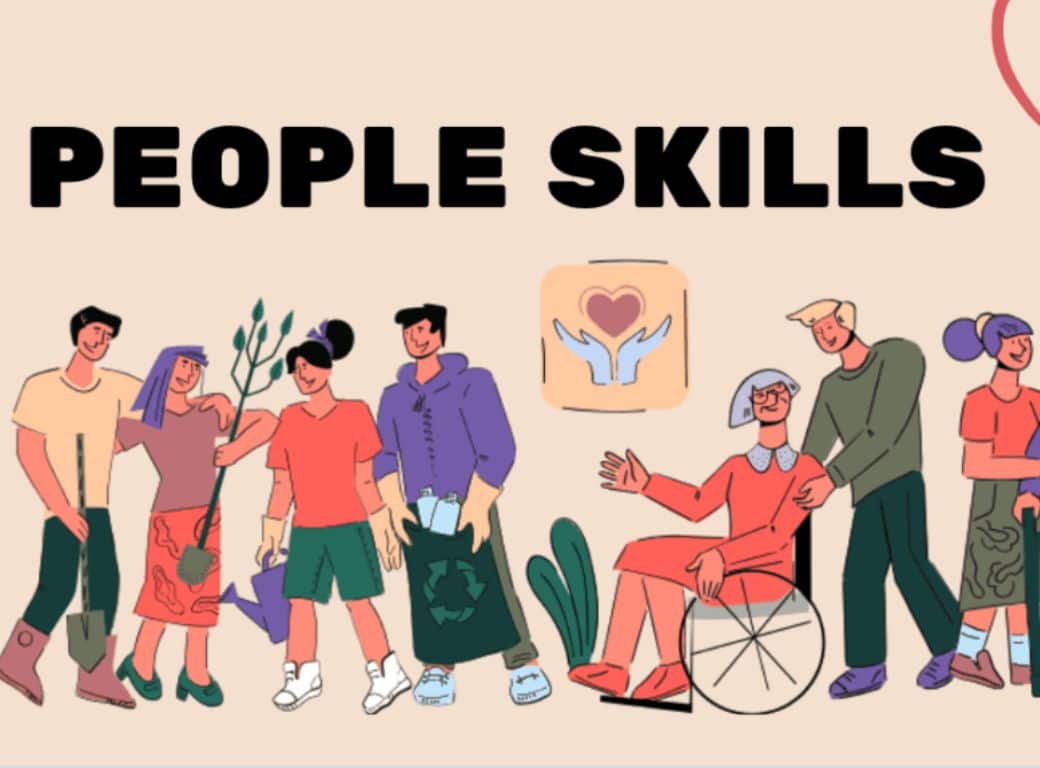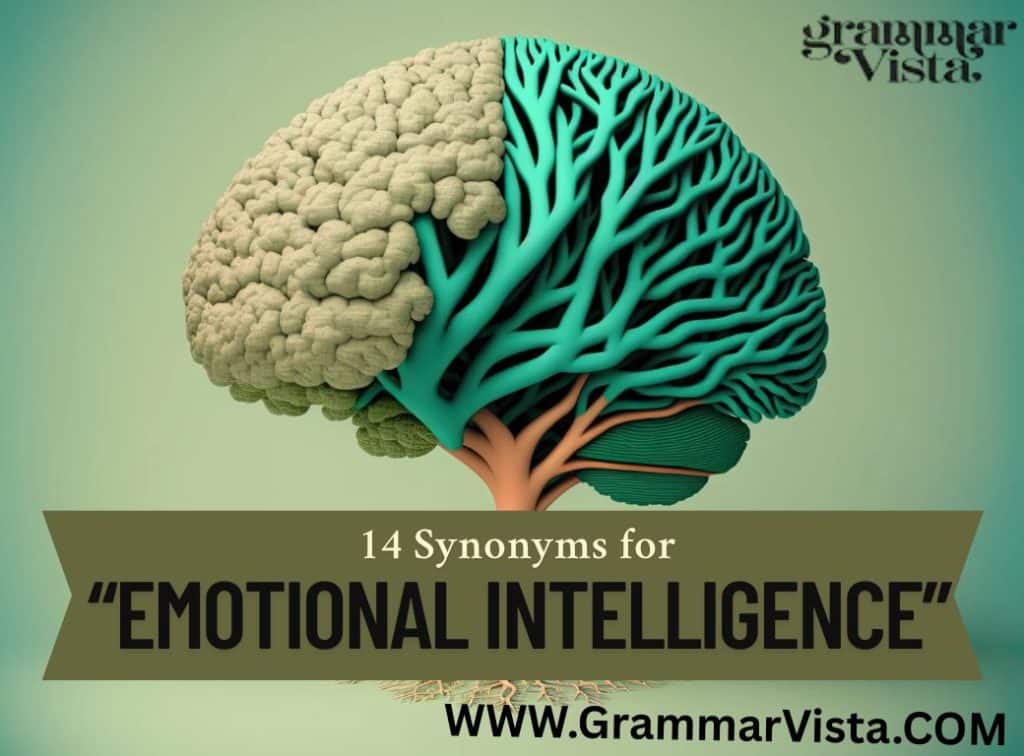Did you know that emotional intelligence can be a better predictor of success than IQ? In today’s fast-paced world, understanding and managing emotions—both our own and those of others—is crucial for personal and professional relationships.
This reading will explore 14 emotional intelligence synonym, shedding light on the various facets of this essential skill. By the end, you’ll expand your vocabulary and also gain insights into how to enhance your emotional awareness in everyday life.
Social Awareness
Social awareness is a multifaceted skill that transcends traditional notions of emotional intelligence. It encompasses an acute social perception, allowing individuals to navigate complex interpersonal dynamics with ease.
Those who possess this ability can read the room, picking up on unspoken cues and emotions that often go unnoticed. By honing this skill, one becomes adept at understanding the feelings and perspectives of others, fostering deeper connections and enhancing collaboration in various settings.
Cultural awareness is another critical aspect of social awareness. In our increasingly globalized world, recognizing and respecting diverse cultural backgrounds can significantly enhance communication and empathy.
Empathy
Empathy serves as a cornerstone for fostering strong interpersonal relationships, allowing individuals to connect on deeper emotional levels. This empathetic understanding transcends mere sympathy; it involves genuinely resonating with another person’s feelings and experiences.
When we cultivate empathy, we enhance our capacity for compassion and also unlock the potential to navigate complex social dynamics more effectively. By viewing situations through the lens of others, we can foster environments where open communication flourishes and misunderstandings diminish.
Empathy is intricately linked to various other concepts synonymous with emotional intelligence, such as social awareness and emotional insight. These qualities encourage us to attune ourselves to the emotional climates of our surroundings, enabling us to respond thoughtfully rather than react impulsively.
Emotional Agility
Emotional agility is another emotional intelligence synonym that embodies the ability to navigate life’s challenges with flexibility and resilience, allowing individuals to adapt their emotional responses to changing circumstances. This skill goes beyond mere awareness of one’s feelings; it involves a proactive approach to managing emotions in a way that fosters growth and understanding.
By cultivating emotional agility, one can develop a deeper understanding of how emotions influence thoughts and behaviors, leading to more intentional decision-making and healthier relationships.

In practice, emotional agility empowers individuals to confront uncomfortable feelings rather than avoid them, transforming potential obstacles into opportunities for personal development. This approach encourages a mindful engagement with emotions, enabling people to recognize patterns and triggers that affect their well-being.
Self-Regulation
Self-regulation encompasses a range of self-control strategies that foster resilience and adaptability, enabling individuals to navigate life’s challenges with grace. By managing one’s emotions, thoughts, and behaviors, people can maintain a sense of balance even in turbulent situations.
This skill is not just about suppressing negative feelings but rather about understanding and channeling them effectively to promote constructive responses.
Self-regulation encourages proactive decision-making, allowing individuals to pause and reflect before reacting impulsively. This reflective practice enhances personal well-being and also strengthens interpersonal relationships, as it cultivates empathy and understanding.
Interpersonal Skills
Emotional intelligence, often regarded as a cornerstone of interpersonal skills, can be described using various synonyms that capture its essence. Terms like “empathy,” “social awareness,” and “relationship management” highlight the ability to navigate complex emotional landscapes.
These synonyms reflect an understanding of one’s own emotions and emphasize the importance of recognizing nonverbal cues in others. By attuning ourselves to body language and facial expressions, we can forge deeper connections and foster more meaningful interactions.
Effective feedback mechanisms play a crucial role in enhancing emotional intelligence. When individuals engage in open dialogue, they create an environment where vulnerability is welcomed, allowing for authentic exchanges.
Emotional Literacy
Emotional literacy encompasses the ability to understand and articulate one’s own feelings while also recognizing and empathizing with the emotions of others. This skill is essential for fostering healthier interactions in both personal and professional realms.
When individuals possess a high level of emotional expression, they can convey their feelings effectively, paving the way for deeper connections and more constructive dialogues. By mastering emotional recognition, enhances their interpersonal relationships and also cultivates an environment where open communication thrives.
Emotional comprehension allows individuals to navigate complex emotional landscapes, enabling them to respond thoughtfully rather than react impulsively. This deeper understanding of emotions can transform conflicts into opportunities for growth and learning, as people become more attuned to the underlying motivations behind behaviors.
Relational Intelligence
Relational intelligence transcends traditional emotional intelligence by focusing on the intricate web of social dynamics that govern our interactions. This concept emphasizes the importance of understanding one’s own emotions, and the feelings and motivations of others.

By honing relational intelligence, individuals can foster meaningful connections with others, leading to deeper trust development and more authentic relationships. This skill is particularly vital in collaborative environments, where enhanced teamwork can significantly impact overall success.
Relational intelligence encourages active listening and empathy, allowing for a richer exchange of ideas and feelings. It empowers individuals to navigate complex social landscapes with grace, enabling them to respond thoughtfully rather than react impulsively.
Compassion
Compassion stands out as a cornerstone of emotional intelligence, encapsulating the ability to empathize with others’ experiences and feelings. This deep understanding goes beyond mere sympathy; it invites a genuine connection that fosters trust and intimacy in relationships.
When individuals exhibit compassion, they recognize the struggles of others and also respond with acts of goodwill, reinforcing a supportive environment that encourages vulnerability and healing.
Compassion enriches our interactions, allowing us to navigate conflicts with grace and understanding. It acts as a bridge between differing perspectives, enabling us to appreciate the complexity of human emotions. In a world often characterized by division, cultivating compassion within ourselves can spark transformative change, both personally and socially.
Self-Awareness
Self-awareness is another crucial emotional intelligence synonym, serving as the foundation for understanding one’s own emotions, thoughts, and behaviors. This introspective quality enables individuals to recognize their strengths and weaknesses, ultimately fostering personal growth and autonomy.
By cultivating self-awareness, one can navigate life’s complexities with clarity, making informed decisions that resonate with their authentic selves.
Self-awareness is not merely about introspection; it extends to understanding how one’s emotions influence interactions with others. This deeper comprehension can lead to enhanced empathy and improved communication, creating a ripple effect in both personal and professional relationships.
Conflict Resolution
Emotional intelligence, often synonymous with interpersonal acuity, is pivotal in conflict resolution. Individuals who possess high interpersonal acuity excel at maintaining healthy relationships by understanding and managing their emotions while empathizing with others.
This skill fosters an environment where open dialogue flourishes, allowing for the exploration of differing viewpoints. When emotions are acknowledged and validated, parties are more likely to engage constructively rather than defensively.
Employing effective negotiation tactics rooted in emotional awareness can transform potential confrontations into collaborative problem-solving approaches. Recognizing emotional cues enables negotiators to adapt their strategies, fostering a sense of trust and cooperation.
Active Listening
Active listening is an essential skill that greatly enhances communication, allowing individuals to connect more deeply with others. It goes beyond merely hearing words; it involves paying attention to nonverbal cues, such as body language and facial expressions, which can convey emotions just as powerfully as spoken language.

By honing the ability to observe these subtleties, one can gain a richer understanding of the speaker’s feelings and intentions, fostering a more empathetic exchange.
Active listening often involves paraphrasing or summarizing what has been said, demonstrating that you are engaged and also that you value the speaker’s perspective. This practice invites clarification and encourages open dialogue, creating a safe space for honest communication.
Emotional Resilience
Emotional resilience encompasses mental fortitude, allowing individuals to navigate life’s challenges with grace and adaptability. This quality aids in overcoming setbacks and enhances psychological flexibility, enabling people to shift perspectives and approach problems with a solution-oriented mindset.
By cultivating emotional resilience, one can better support their mental wellness, fostering a deeper connection to both self and others during times of stress.
Emotional resilience is about embracing vulnerability and recognizing that setbacks are part of the human experience. This understanding empowers individuals to bounce back stronger, equipped with the insights gained from adversity.
People Skills
People skills encompass a range of interpersonal abilities that are crucial for fostering meaningful connections in both personal and professional settings. At the heart of these skills lies the ability to communicate effectively, allowing individuals to articulate thoughts and feelings clearly while also being attuned to the emotional cues of others.
This dynamic interaction enhances understanding and builds trust, creating a foundation for stronger relationships.

Mastering collaboration strategies is essential for navigating diverse environments and maximizing team potential. When individuals can empathize with their peers, they open the door to collaborative problem-solving, leading to innovative solutions that might otherwise remain undiscovered.
Adaptability
Adaptability, a vital component of emotional intelligence, is all about demonstrating cognitive flexibility in the face of changing circumstances. This quality allows individuals to adjust their thoughts and behaviors when confronted with new information or unexpected challenges.
Embracing adaptability means accepting change and actively leveraging it as an opportunity for growth and innovation. When one can navigate uncertainty with confidence and resilience, they open themselves up to a world of possibilities that rigid thinkers often miss.
Adaptability fosters stronger relationships both personally and professionally. By being flexible, individuals can better respond to the emotional needs of others, leading to deeper connections and enhanced collaboration.
Conclusion
Understanding and utilizing synonyms for “emotional intelligence” can enrich our conversations about this critical skill. Terms such as “empathy,” “social awareness,” and “emotional literacy” highlight different facets of the ability to navigate emotions effectively. By incorporating these synonyms into our vocabulary, we can foster deeper discussions about emotional competencies in both personal and professional contexts.
Whether you’re looking to improve your interpersonal relationships or enhance your leadership skills, a strong grasp of emotional intelligence is essential. Embrace these terms and start applying them in your daily interactions to cultivate a more emotionally aware environment.







